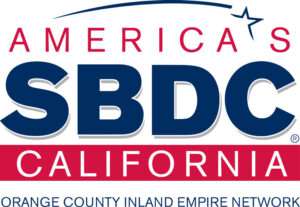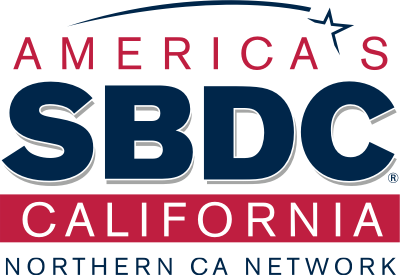Description
Reiki classes provide comprehensive training and education in the practice of Reiki, a Japanese energy healing modality. These classes are designed to teach individuals how to become Reiki practitioners or even Reiki Master/Teachers. Here’s some information about Reiki classes:
- Levels of Reiki Classes: Reiki classes are typically divided into different levels or degrees. The most common levels include Reiki Level 1, Reiki Level 2, and Reiki Master/Teacher Level. Each level builds upon the previous one and provides a deeper understanding and expanded abilities in working with Reiki energy.
- Curriculum and Content: The curriculum of Reiki classes may vary depending on the instructor or Reiki lineage. However, common topics covered in classes include:
- Reiki History and Principles: Learning about the origins of Reiki, its founder Mikao Usui, and the guiding principles of Reiki practice.
- Reiki Attunements: Receiving energetic attunements or initiations that open and align your energy channels to facilitate the flow of Reiki energy.
- Energy Anatomy: Exploring the human energy system, including the chakras, meridians, and aura, and understanding how Reiki interacts with these systems.
- Hand Positions and Techniques: Learning various hand positions and techniques for self-healing and offering Reiki to others.
- Distance Healing: Understanding and practicing Reiki techniques for sending healing energy across time and space.
- Ethics and Professionalism: Learning about ethical considerations and guidelines for practicing Reiki professionally.
- Practical Experience: Reiki classes often include practical exercises and opportunities for hands-on experience. Participants may practice giving and receiving Reiki, both in one-on-one and group settings. This hands-on experience allows for the development of confidence and proficiency in working with Reiki energy.
- Certification: At the completion of a Reiki class, participants typically receive a certificate indicating their level of training. This certificate acknowledges their participation, attunements received, and their ability to practice Reiki at that particular level. It’s important to note that Reiki certification is not regulated by a governing body, so the standards and requirements may vary among different Reiki lineages or organizations.
- Ongoing Support and Community: Reiki classes often provide ongoing support and opportunities for community connection. This may include post-class practice sessions, group shares, mentorship, or access to online resources and forums. Connecting with other Reiki practitioners can be beneficial for ongoing learning, support, and the exchange of experiences and insights.
When considering Reiki classes, it’s important to research and choose a qualified and reputable instructor who resonates with you. Look for instructors who have a solid background in Reiki, relevant experience, and a teaching style that suits your learning preferences.






Reviews
There are no reviews yet.